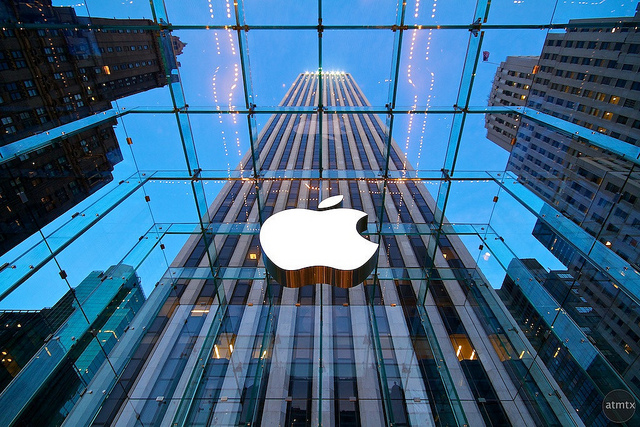 POLICY
POLICY
 POLICY
POLICY
 POLICY
POLICY
Apple Inc. said today that it will update certain iPhone models in China to fight a local court order banning the sale of the devices.
The company claims that the decision, if not reversed, could force it to settle with Qualcomm Inc. in their high-stakes technology licensing dispute.
Earlier this week, Qualcomm persuaded a court in the southern Chinese city of Fuzhou to issue a preliminary injunction on the sale of six older iPhone models. Among them is the 10th-anniversary iPhone X that Apple launched last year. The court ruled that the devices infringe upon two Qualcomm software patents related to the management of apps and photos.
Apple said the planned update will remove the “minor functionality of the two patents at issue.” But that may not be enough to bring the matter to a close. Right after winning the injunction on the six iPhone models, Qualcomm asked Chinese courts to ban the sale of the latest iPhone XS, XS Max and XR models in the country.
Apple has a lot at stake. China accounts for a fifth of the company’s total sales, a revenue stream that holds particular importance given the recent slowdown in worldwide smartphone demand.
The iPhone maker argued in an appeal that a Chinese ban on its devices would give Qualcomm the upper hand in their broader legal battle. The firms are engaged in litigation across multiple countries, including the U.S., as part of the dispute. Qualcomm Chief Executive Steve Mollenkopf said in November that the companies are “on the doorstep of a resolution,” but Apple’s lawyers later asked a California court to send the case to trial.
The dispute started in 2017 when the iPhone maker accused Qualcomm of charging excessive royalties for its market-leading mobile chip technology. In its appeal of the Chinese injunction, Apple said that implementing the sales ban would impact not only its bottom line but also that of other mobile device makers.
“Apple will be forced to settle with the Respondent, causing all mobile phone manufacturers to relapse into the previous unreasonable charging mode and pay high licensing fees, resulting in unrecoverable losses in the downstream market of mobile phones,” the company wrote in its appeal, which was picked up by Bloomberg.
Apple is also facing the risk of iPhone bans in other major markets. Qualcomm has filed complaints in Germany and with the U.S. International Trade Commission that hold the potential to lead to similar injunctions on iPhone sales.
Support our mission to keep content open and free by engaging with theCUBE community. Join theCUBE’s Alumni Trust Network, where technology leaders connect, share intelligence and create opportunities.
Founded by tech visionaries John Furrier and Dave Vellante, SiliconANGLE Media has built a dynamic ecosystem of industry-leading digital media brands that reach 15+ million elite tech professionals. Our new proprietary theCUBE AI Video Cloud is breaking ground in audience interaction, leveraging theCUBEai.com neural network to help technology companies make data-driven decisions and stay at the forefront of industry conversations.